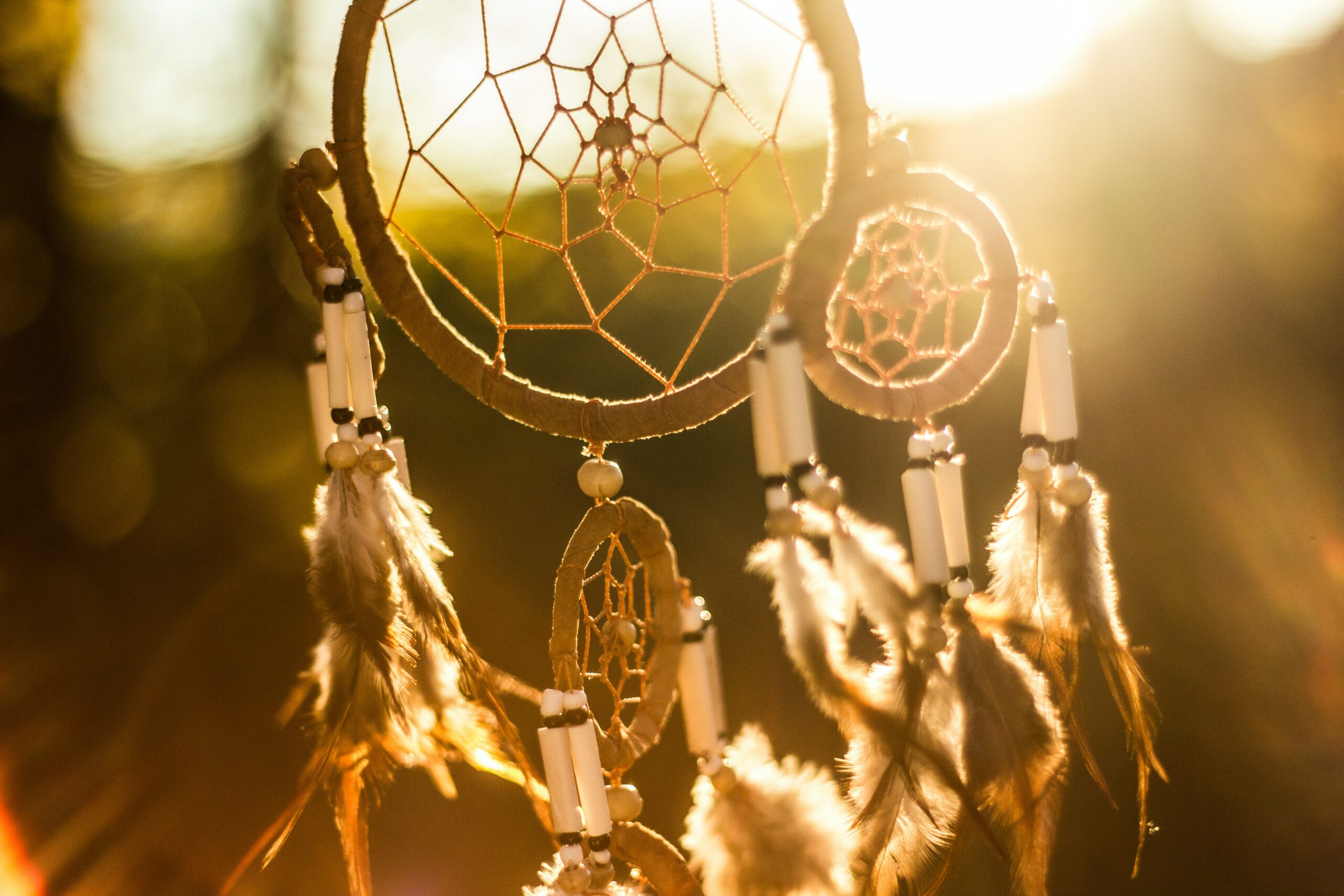The soup, when thick, gives more satisfaction if you eat it with a spoon: a dish of legumes and rice made with that last bag found in the pantry after the summer.
September, as always, is a difficult month for those who work in the now precarious world of consultancy; a symbolic season to which indecisions have been delegated. But perhaps, after all, we don’t even care about certain positions and certain professional relationships.
And anyway, you are there and you know nothing. You have nothing. Or at least you believe.
Ousman tastes composed and with happy eyes. This is how his mother did it, the meal of the day, the ‘manognao’. He is shy and takes a moment before meeting my gaze. I ask him about his history, but it’s not easy. I understand.
He tells me he bears his grandfather’s name. He is proud of it.
It ends quickly; I offer him a second portion but that’s enough thanks, he wants to leave it to me. He gets up and takes the dishes to wash them. I tell him to rest assured that I do. He insists. Then he also cleans the sink and scrubs the floor. He does so with that grace and care that are only of those who honor the present moment. Because the essence is there, coagulated and vibrant. These simple and powerful things have taught Ousman’s life. The real one. The raw one.
Us, in front of that plate of rice. We, two stories and two completely distant paths. There, in front of that simple plate of rice that amalgamates our souls and our wounds and gives us everything back in a big and beautiful smile.
End of July. A torrid day dedicated to dealing with boring practices.
Ousman learned these simple things from the hard life. Now we sit in front of that plate of rice. We, two stories and two completely distant paths. There, in front of that simple dish that amalgamates our souls and our wounds and gives us everything back in a big and beautiful smile.
It all started at the end of July. A torrid day dedicated to dealing with boring practices.
I see him in front of the office pawing composed with his sneakers. I realize that he doesn’t really know how to do it. He approaches me kindly, shows me some fines, and tries to explain to me that he undertakes to pay that debt as soon as he gets a job. It will be the first thing he will do. He would also like to add, in fragments of sentences, that if he had had a job, he would have paid for the bus ticket willingly. But which counter to turn to?
Come on, I tell him and for the fines, then we’ll fix everything.
We take a drink and sit on a bench in the shade of a dry avenue. Puff in the heat. Stupid, I am. Ousman tells me about his country and the bloody coup that took place a few years ago. He had to flee in the terror of deserts and prisons and brutal seas.
He arrived in Italy as soon as he came of age and went through the whole process that we know well.
What can you do? He explains to me that his mother taught him a little about the vegetable garden, food, and how to take care of things. He learned that mother Jonfolo was dead when he arrived in Sicily. But the most important thing, he adds, is that he taught him to be a just man and to always choose the good. The eyes are veiled with a sad shadow. We say goodbye, he leaves me his number.
Now he has a house. He asks me if he can look at the books and try to read together. He is intrigued by the tale of Shakyamuni, a great illustrated book. I tell him about Buddhism and my faith. He tries to chant the mantra with me: Nam Myo Ho Renge Kyo. He likes it, he repeats it with me. But he is a Muslim, he tells me kindly, and that his prayer is different. I reassure him that he can pray in serenity and feel free here.
He smiles gratefully. He wants to finish middle school and get a job, as long as it is. I look at him and look at his bare feet that seem to want to run, run, and run. I ask him if he has a dream. He lowers his eyes and tells me that any job is fine for him. He wants to get busy and learn fast.
However, I am sure that he has a dream. I insist a little. Sometimes you have to do it. He looks up and meets me with glowing eyes.
‘Yes, football. I’m a striker and I want to play football, it’s my whole life.’
‘You must always carry that smile with you and never forget your dream – I tell him happily – how nice it is to see you like this!’
He scoffs. These do not seem suitable words for him.
I insist, and in the end, he whispers: ‘ente momo bertortti.’
What does it mean?
I’m happy with myself and I love myself.
We repeat it together. ‘ente momo bertortti.’
And yes, I want to remind myself too. Because I also have a dream and instead, I’m making do.
Here, now we look happy: we are dream makers!
Then we make ourselves a good coffee. We have already won, whatever happens.

